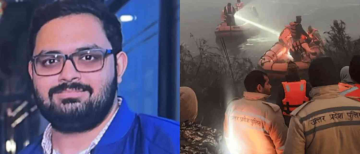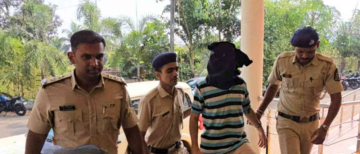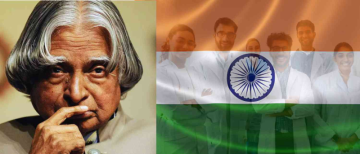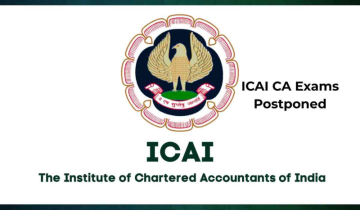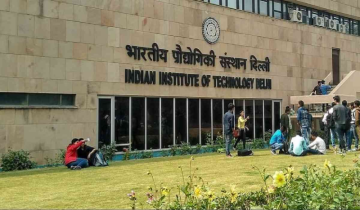The Indian civil services interview, also known as the UPSC interview, is known for its challenging questions and rigorous selection process that test the knowledge, analytical abilities, and personality traits of the candidates. Here are some mind-blowing questions and their answers from previous interviews:
Q: If you were to write the story of your life, which genre would you choose, and why?
A: The answer to this question would depend on the candidate's personal choice and experience. The candidate could choose a genre like an autobiography, drama, comedy, tragedy, or adventure, and explain why they chose that genre based on their life experiences and personality.
Q: If you had a chance to meet God, what question would you ask him/her?
A: Again, the answer to this question would depend on the candidate's beliefs and perspective. The candidate could ask a philosophical or existential question, like the meaning of life, the purpose of suffering, or the nature of reality. Alternatively, the candidate could ask a practical question, like how to solve a specific problem facing humanity.
Q: If you had to choose between the power to fly and the power to become invisible, which one would you choose, and why?
A: This question is meant to test the candidate's creativity and imagination. The candidate could choose either power and explain why they would choose it based on the advantages and disadvantages of each power.
Q: If you could change one law in India, what would it be?
A: There are many laws in India that need to be reformed, but if I had to choose one, it would be the Right to Information Act. While this law has been instrumental in promoting transparency and accountability, it is also prone to misuse and harassment of individuals. I would like to see reforms to the law that balance these competing concerns.
Q: If you were the Prime Minister of India for one day, what policy would you implement?
A: This question tests the candidate's knowledge of current affairs and understanding of governance. The candidate would need to choose a policy that aligns with their values and priorities while addressing a pressing issue facing the country. The policy could involve measures like poverty alleviation, education reform, healthcare access, or foreign relations. The candidate would need to explain how their policy would be implemented and what impact it would have on society.
Q: If you had the power to change one thing about Indian society, what would it be?
A: There are many things that I would like to change about Indian society, but if I had to choose one thing, it would be to eliminate corruption. Corruption is cancer that is eating away at the very fabric of our society, and it is time that we take strong measures to eradicate it.
Q: If you were the Prime Minister of India, what would be your top three priorities?
A: My top three priorities as Prime Minister would be to improve the education system, create jobs, and reduce poverty. These are all interconnected issues, and by addressing them, we can create a more prosperous and equitable society.
Q: What is the most significant challenge India is facing today?
A: There are many challenges India is facing today, but I believe that the most significant one is climate change. India is one of the world's largest emitters of greenhouse gases, and if we don't take action to reduce our carbon footprint, we will be contributing to a global catastrophe.
Q: How would you solve the problem of air pollution in Delhi?
A: This question tests the candidate's analytical and problem-solving abilities. The candidate would need to come up with a comprehensive solution that addresses the root causes of air pollution, such as industrial emissions, vehicular traffic, and household waste. The solution could involve measures like increasing green spaces, promoting public transportation, enforcing emissions standards, and educating the public on sustainable practices.
Q: How do you think technology will impact Indian society in the next 10 years?
A: I think that technology will have a profound impact on Indian society in the next 10 years. It has already transformed the way we communicate, works, and live our lives, and it will continue to do so in the future. I believe that we need to embrace technology while also being mindful of its potential negative impacts, such as job displacement and privacy concerns.
©️ Vygr Media Private Limited 2022. All Rights Reserved.





